Cyber Security News Aggregator
.Cyber Tzar
provide acyber security risk management
platform; including automated penetration tests and risk assesments culminating in a "cyber risk score" out of 1,000, just like a credit score.What are the British Alphabet Phonetics?
published on 2024-04-01 07:00:00 UTC by Simon BurgeContent:
The British Alphabet Phonetics are vital tools in professional communication, especially in precision-demanding fields like military, emergency services, and aviation.
Navigating their intricacies involves understanding their origin, perfecting pronunciation, and recognizing their purpose.
These phonetics, transcending conventional language nuances, offer a universal method for alphabet representation, ensuring accuracy.
Rooted in World War I’s demands, their evolution mirrors the changing landscapes of warfare.
This article delves into their significance, exploring pronunciation nuances, historical roots across armed forces, and their enduring role in professional spheres.
What are the British Alphabet Phonetics?
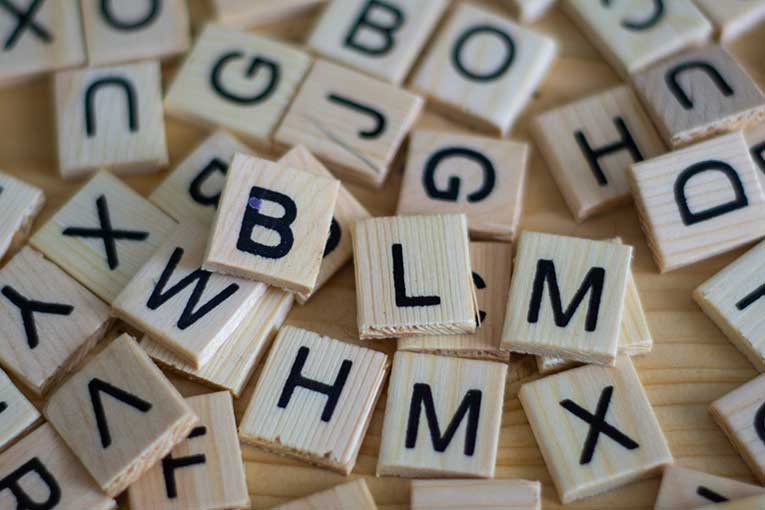
The British Alphabet Phonetics, also known as the NATO phonetic alphabet, provide a standardised and universally recognized method for representing each letter of the alphabet.
Where clarity and precision are essential, these phonetics serve as linguistic anchors.
- Alpha: Pronounced AL-fah
- Bravo: Pronounced BRAH-voh
- Charlie: Pronounced CHAR-lee
- Delta: Pronounced DEL-tah
- Echo: Pronounced ECK-oh
- Foxtrot: Pronounced FOKS-trot
- Golf: Pronounced GOLF
- Hotel: Pronounced HO-tel
- India: Pronounced IN-dee-ah
- Juliett: Pronounced JEW-lee-ETT
- Kilo: Pronounced KEY-lo
- Lima: Pronounced LEE-mah
- Mike: Pronounced MIC
- November: Pronounced NO-vem-BER
- Oscar: Pronounced OSS-car
- Papa: Pronounced PAH-pah
- Quebec: Pronounced KEW-beck
- Romeo: Pronounced ROW-me-oh
- Sierra: Pronounced SEE-air-RAH
- Tango: Pronounced TAN-go
- Uniform: Pronounced YOU-nee-FORM
- Victor: Pronounced VIK-tah
- Whiskey: Pronounced WISS-key
- X-ray: Pronounced ECKS-ray
- Yankee: Pronounced YANG-key
- Zulu: Pronounced ZOO-loo
Why are the British Alphabet Phonetics Used?

The utilisation of the British Alphabet Phonetics is underpinned by several fundamental reasons, primarily driven by the imperative need for clarity, precision, and unambiguous communication.
Here’s a more informative exploration of why these phonetics are indispensable:
Clarity and Precision
In professions where verbal communication is a matter of life and death, such as in military operations, aviation, and emergency services, the British Alphabet Phonetics play a crucial role in enhancing clarity and precision.
By offering a standardised and universally understood method for representing each letter of the alphabet, they mitigate the risk of confusion or misinterpretation, ensuring that vital information is accurately conveyed.
Reducing Ambiguity
Conventional spelling, particularly over radio transmissions or in environments with background noise and interference, can introduce significant ambiguity.
The phonetic alphabet addresses this challenge by replacing conventional letter spelling with distinct and easily distinguishable words assigned to each letter.
This substitution reduces the likelihood of errors and misunderstandings, especially in critical situations where precise communication is non-negotiable.
Linguistic Anchors
The British Alphabet Phonetics act as linguistic anchors in professions where swift and precise communication is paramount.
Serving as a shorthand, they enable the efficient transmission of information without the reliance on conventional spelling, which can be time-consuming and prone to errors.
In high-pressure scenarios, such as military manoeuvres or emergency responses, where every moment counts, these phonetics provide a reliable and standardised method for communicating letters, streamlining the exchange of critical information without sacrificing accuracy.
Where are the British Alphabet Phonetics Used?
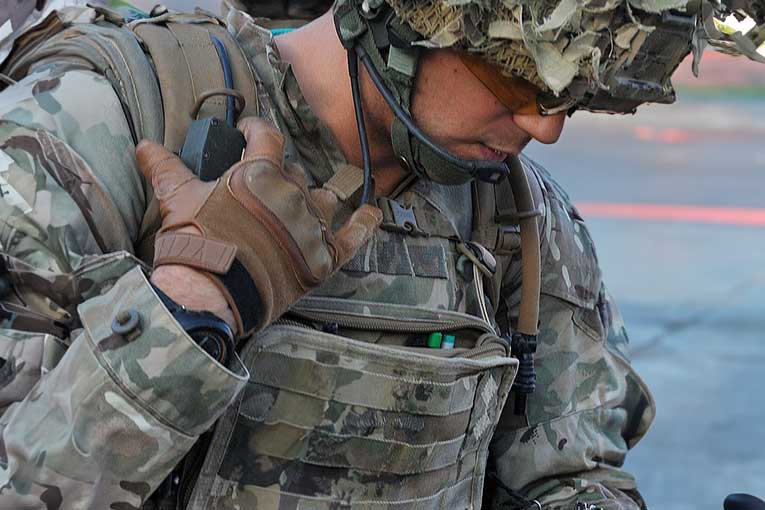
Military Operations
In military operations, where coordination and tactical precision are paramount, the British Alphabet Phonetics find extensive use.
Particularly during radio communications, these phonetics ensure that messages are transmitted clearly and accurately, even in the challenging conditions of a battlefield.
Aviation
Pilots and air traffic controllers rely on the British Alphabet Phonetics to avert misunderstandings in radio communications.
Clear and unambiguous communication is indispensable for safe takeoffs, landings, and in-flight coordination, contributing to the overall safety of aviation operations.
Emergency Services
First responders, police officers, and emergency services professionals employ the phonetic alphabet during radio transmissions to relay information swiftly and precisely.
In high-pressure situations, where every moment counts, the phonetic alphabet serves as a vital tool, streamlining communication and ensuring that critical details are communicated without ambiguity.
Telecommunications
The British Alphabet Phonetics are used regularly in customer service and technical support of telecommunications.
Whether conveying letters or codes, the phonetic alphabet reduces the chances of errors and ensures efficient communication, contributing to effective customer support and technical assistance.
Navigation and Shipping
The maritime and navigation industries extensively utilise the phonetic alphabet for effective communication between vessels, shore stations, and maritime authorities.
Clarity in communication is crucial for navigation and ensuring maritime safety, preventing misunderstandings that could lead to navigational errors.
Law Enforcement
Within law enforcement agencies, the phonetic alphabet serves a crucial role during radio transmissions and verbal communication.
Its use helps avoid confusion and ensures the accurate relay of information, enhancing the efficiency and effectiveness of police operations.
What are the alternatives to British Alphabet Phonetics?
DX Phonetics
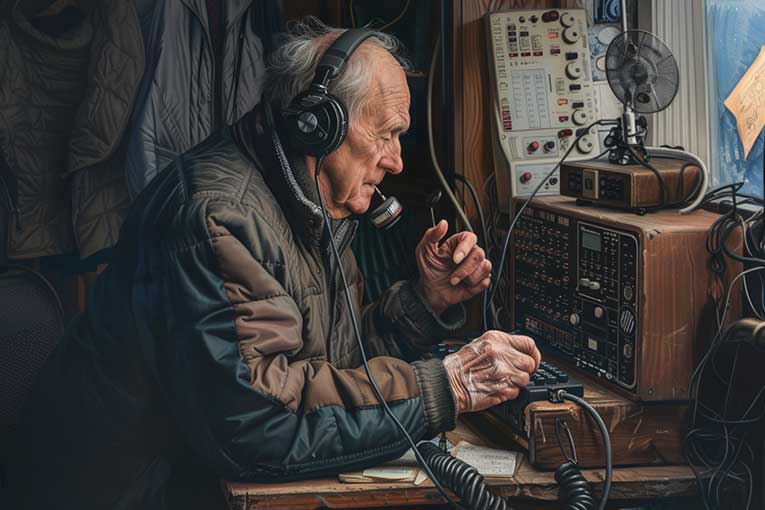
DX Phonetics, also known as the HAM radio alphabet or the aviation alphabet, is a phonetic alphabet used in radio communications.
This alphabet is mainly used by HAM radio users to ensure precise and efficient communication between users, even during adverse weather conditions.
DX Phonetics serves as a linguistic shorthand, facilitating rapid and accurate information.
- A – America
- B – Boston
- C – Canada
- D – Denmark
- E – England
- F – France
- G – Germany
- H – Honolulu
- I – Italy
- J – Japan
- K – Kilowatt
- L – London
- M – Mexico
- N – Norway
- O – Ontario
- P – Pacific
- Q – Quebec
- R – Radio
- S – Santiago
- T – Tokyo
- U – United
- V – Victoria
- W – Washington
- X – X-Ray
- Y – Yokohama
- Z – Zanzibar
What is the History of British Alphabet Phonetics?
Delving into the historical evolution of British Alphabet Phonetics reveals distinct phases across various military branches, including the Army, Navy and RAF.
Army (1914 – 1955)
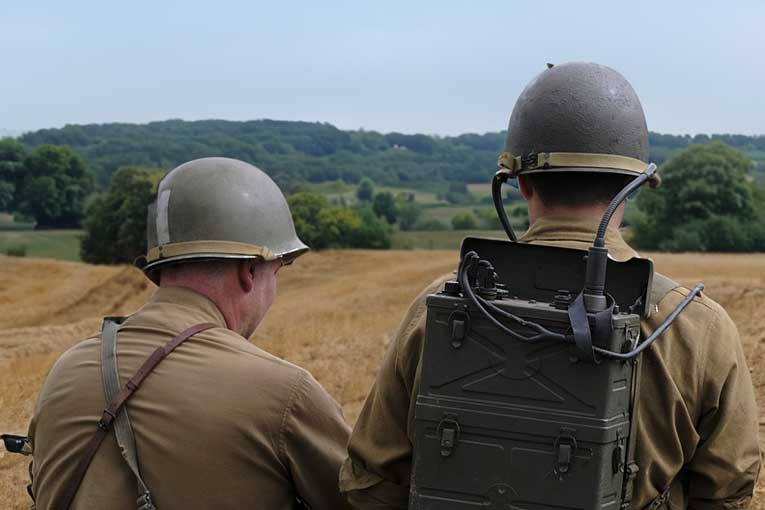
WWI (1914 – 1918)
- A – Apples
- B – Butter
- C – Charlie
- D – Duff
- E – Edward
- F – Freddie
- G – George
- H – Harry
- I – Ink
- J – Johnnie
- K – King
- L – London
- M – Monkey
- N – Nuts
- O – Orange
- P – Pudding
- Q – Queenie
- R – Robert
- S – Sugar
- T – Tommy
- U – Uncle
- V – Vinegar
- W – William
- X – X-Ray
- Y – Yorker
- Z – Zebra
1918 – 1956
- A – Ack
- B – Beer
- C – Cork
- D – Don
- E – Edward
- F – Freddy
- G – George
- H – Harry
- I – Ink
- J – Jug
- K – King
- L – London
- M – Emma
- N – Nuts
- O – Orange
- P – Pip
- Q – Quad
- R – Robert
- S – Esses
- T – Toc
- U – Uncle
- V – Vic
- W – William
- X – Xerxes
- Y – Yellow
- Z – Zebra
Navy (1914 – 1955)

WWI
During WWI, both the Navy and Army shared the British Phonetic Alphabet.
1921 – 1955
- A – Ac
- B – Beer
- C – Charlie
- D – Don
- E – Edward
- F – Fox
- G – George
- H – How
- I – Ink
- J – Johnnie
- K – King
- L – Love
- M – Monkey
- N – Nan
- O – Orange
- P – Pip
- Q – Queen
- R – Robert
- S – Sugar
- T – Toc
- U – Uncle
- V – Vic
- W – William
- X – X-ray
- Y – Yoke
- Z – Zebra
RAF
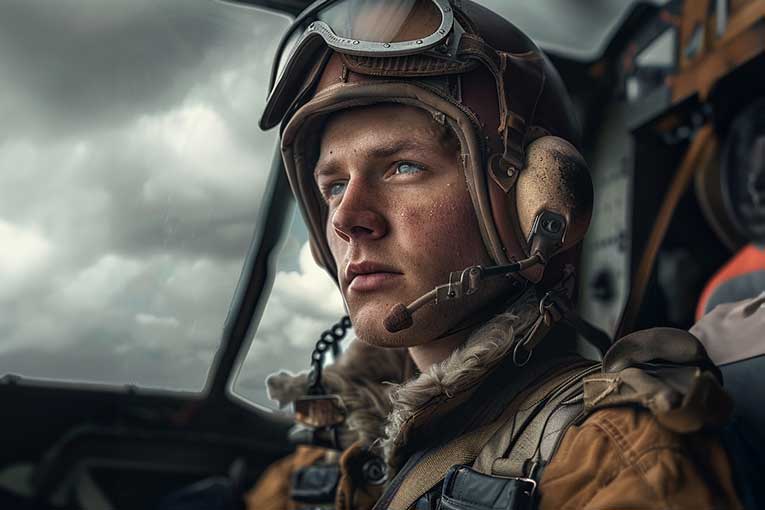
The RAF use of British Alphabet Phonetics.started later than the Army and Navy due to the RAF’s later inception in 1918.
1918 – 1942
- A – Apple
- B – Beer
- C – Charlie
- D – Don
- E – Edward
- F – Freddy
- G – George
- H – Harry
- I – Ink
- J – Jug
- K – King
- L – London
- M – Monkey
- N – Nuts
- O – Orange
- P – Pudding
- Q – Queen
- R – Robert
- S – Sugar
- T – Toc
- U – Uncle
- V – Vic
- W – William
- X – X-ray
- Y – Yorker
- Z – Zebra
1942 – 1955
- A – Able
- B – Baker
- C – Charlie
- D – Dog
- E – Easy
- F – Fox
- G – George
- H – How
- I – Item
- J – Jig
- K – King
- L – Love
- M – Mike
- N – Nan
- O – Oboe
- P – Peter
- Q – Queen
- R – Roger
- S – Sugar
- T – Tare
- U – Uncle
- V – Victor
- W – William
- X – X-ray
- Y – Yoke
- Z – Zebra
Conclusion
The British Alphabet Phonetics boast a storied history and play a crucial role in fostering precise communication, particularly in contexts where conventional spelling might introduce ambiguity.
Delving into their origins, intricacies, and widespread applications unveils their enduring significance across diverse professional domains.
From military operations and aviation to emergency services and telecommunications, these phonetics act as linguistic anchors, providing a standardised and universally recognized method for representing each alphabet letter.
Their use in navigating the challenges of radio transmissions, emergency situations, and other high-pressure environments underscores their indispensable nature.
https://securityjournaluk.com/british-alphabet-phonetics/
Published: 2024 04 01 07:00:00
Received: 2024 04 01 07:06:38
Feed: Security Journal UK
Source: Security Journal UK
Category: Security
Topic: Security
Views: 25
